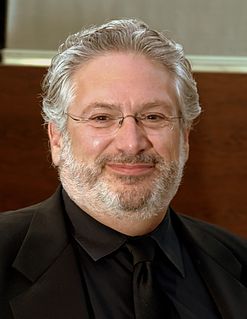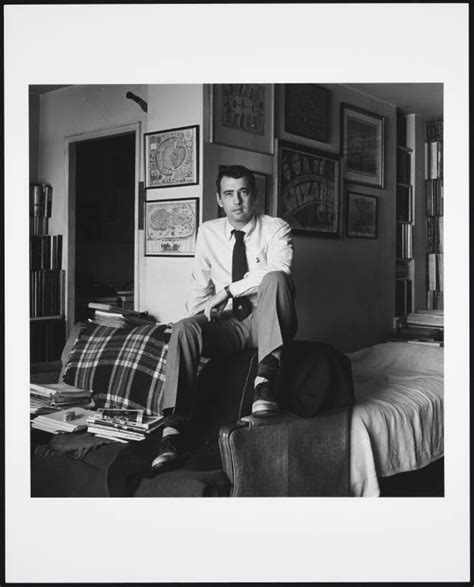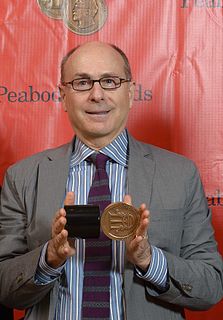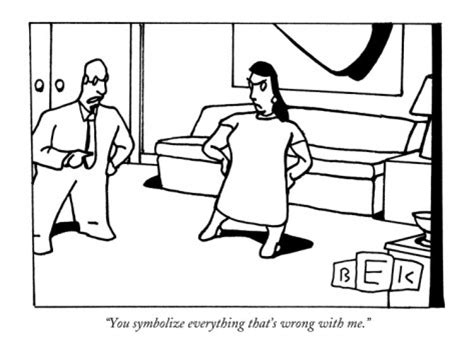A Quote by Harvey Fierstein
As the book writer for one big smash and one big smelly flop, I always wondered if anyone knows just what goes into making a great musical. When a show is a hit, the critics trip over themselves not knowing who to laud and applaud the loudest. It's that marvelous score, those urbane lyrics, that irreplaceable star. But only when a show is a flop, does anyone notice the book writer. And then it's always our fault.
Related Quotes
My husband, William Sutcliffe, the writer, is my first reader and in many ways my most important. That initial reading of the manuscript is crucial and irreplaceable and you want them to approach it as someone in a bookshop might, not knowing much about it. So I've got into this pattern of not telling Will anything about the book I'm working on. He often knows nothing about the book I'm working on at all until I give him the whole manuscript and ask him to read it. The book I'm working on at the moment he knows nothing about. No one does.
A flop is often the result of the fact that each of the talents involved, while working on the same project, may in effect have been working on a different show from all the others. If all contributors do not share the same vision of the evening, the end product will not evince the harmony of diverse elements-the seeming inevitability of book, score, and staging-of a good musical.
When you have a movie that has big stars in it... like, Will Smith does a great job in 'I Am Legend,' and it's a magnetic performance, but he's always Will Smith. That's not his fault. That's not anyone's fault. He's the center of it, and he's a movie star. But when you see something like 'Jurassic Park,' Sam Neill is Alan Grant.
Wesley Stace has always been the only genuinely gifted fiction writer who also happens to be a rock star, but Wonderkid is the book he was born to write. And if you prefer your novels brazen, poignant and hilarious, as I do, you were born to read it. Like a great show, this will stay with you long after the last cymbal crash and power strum.




































